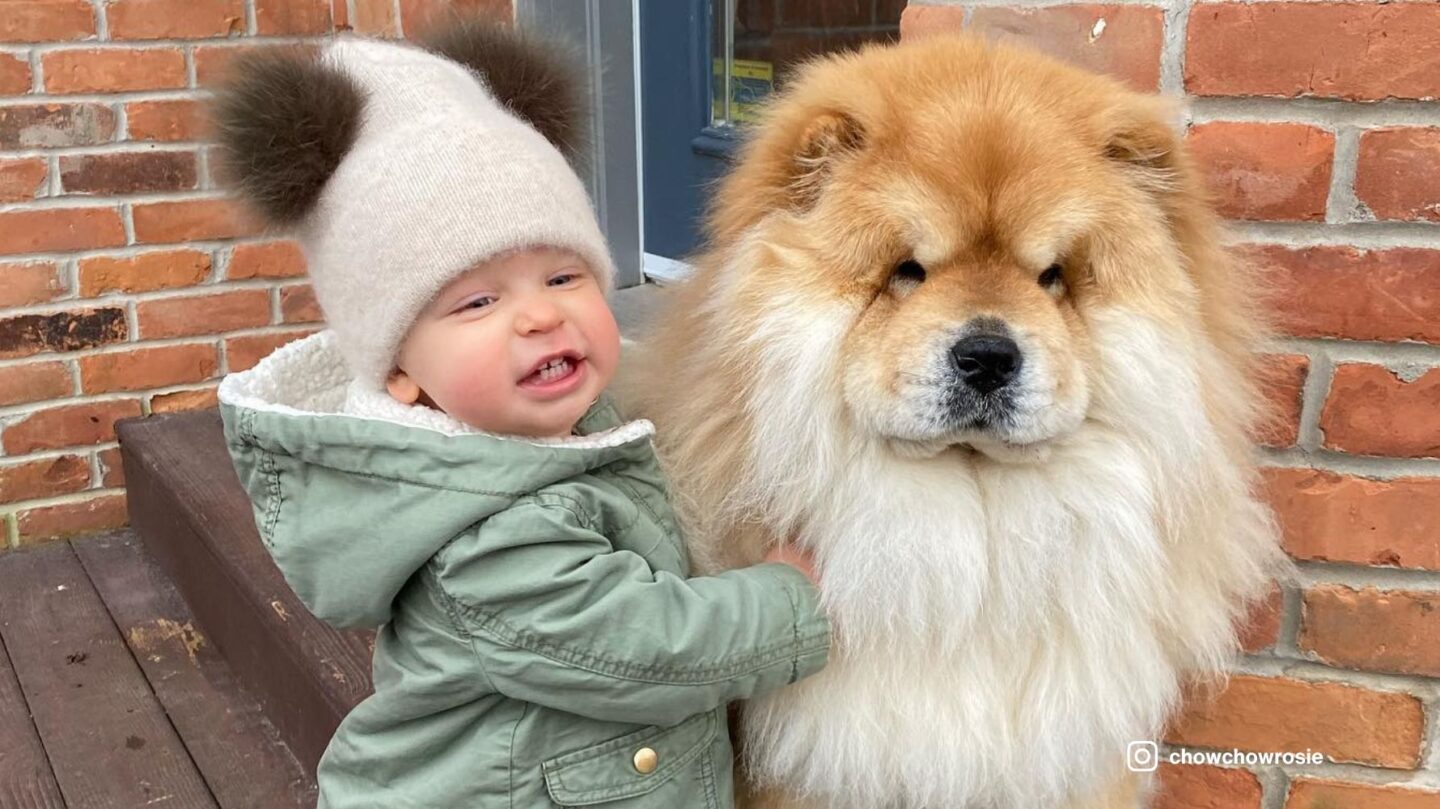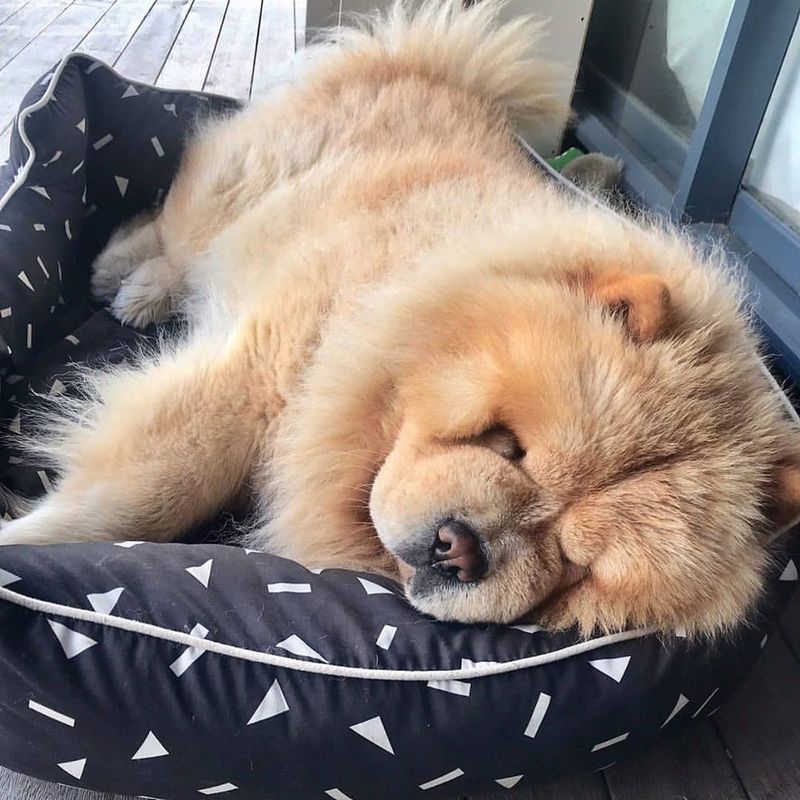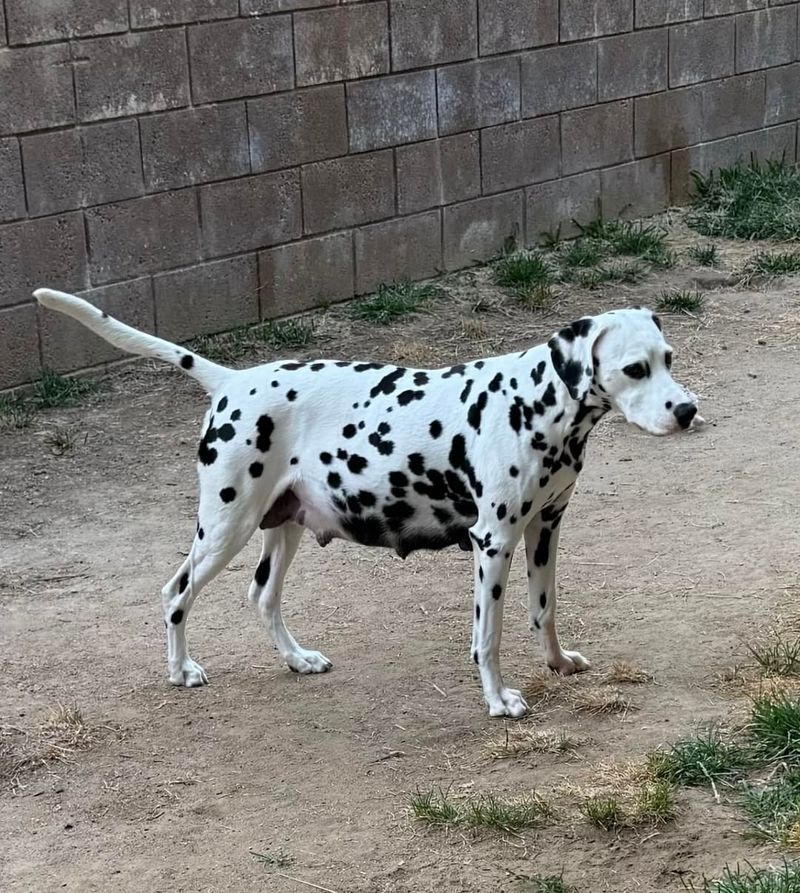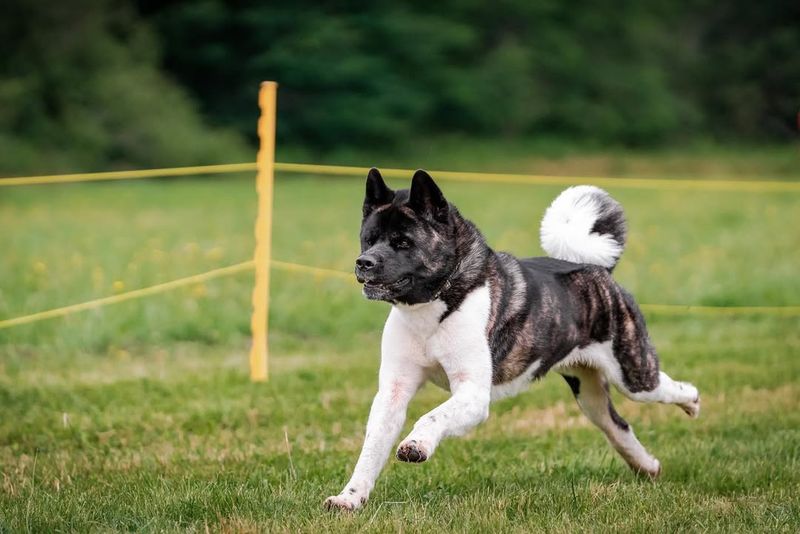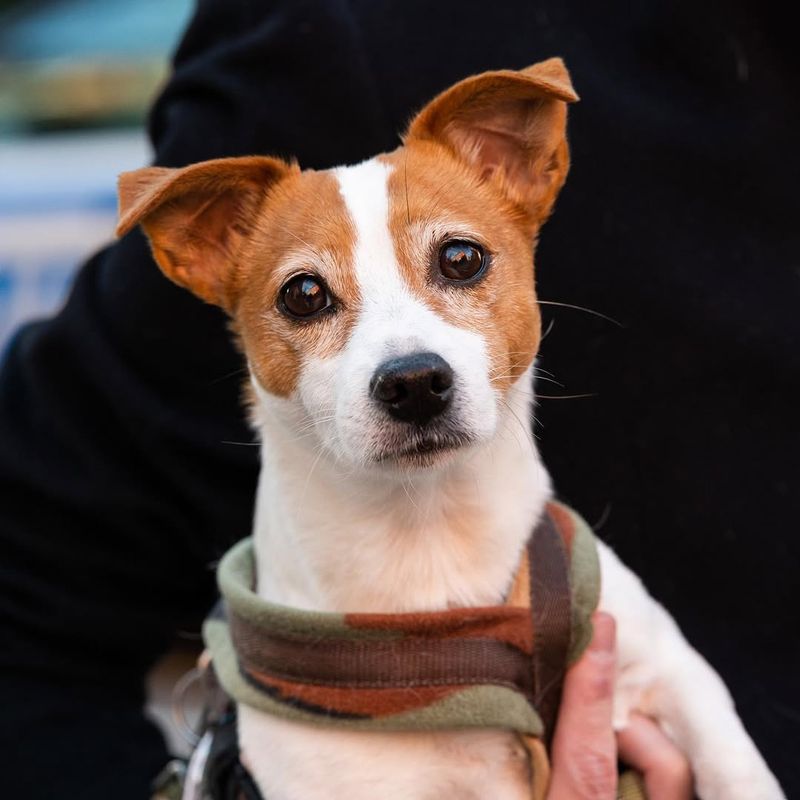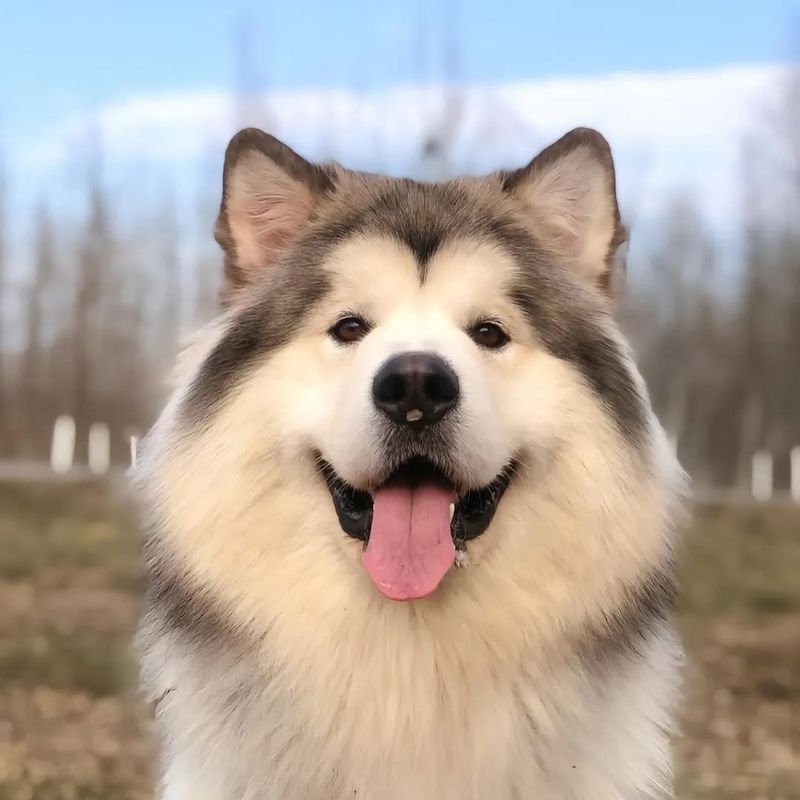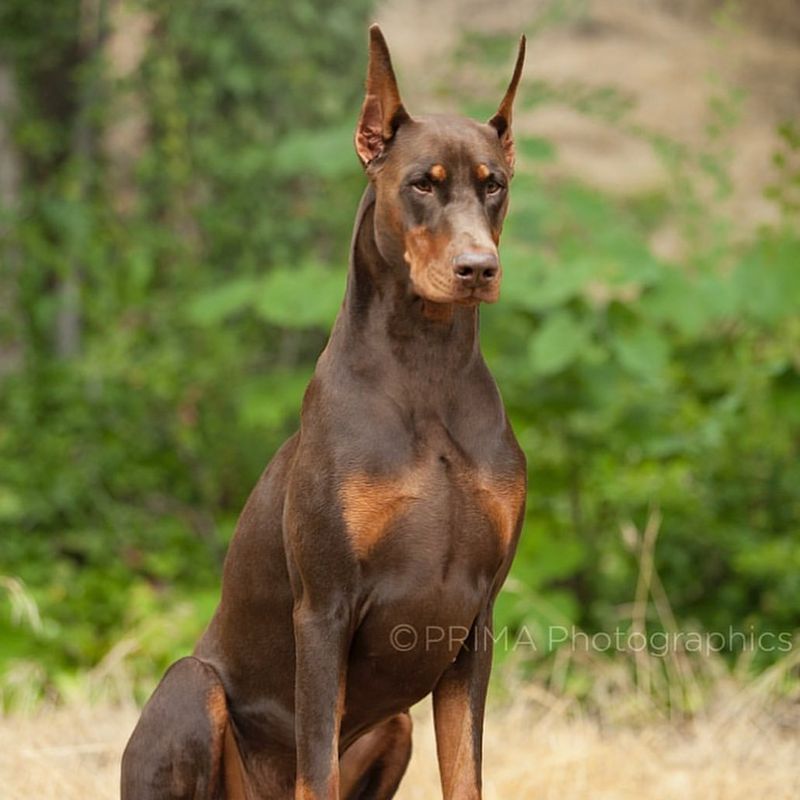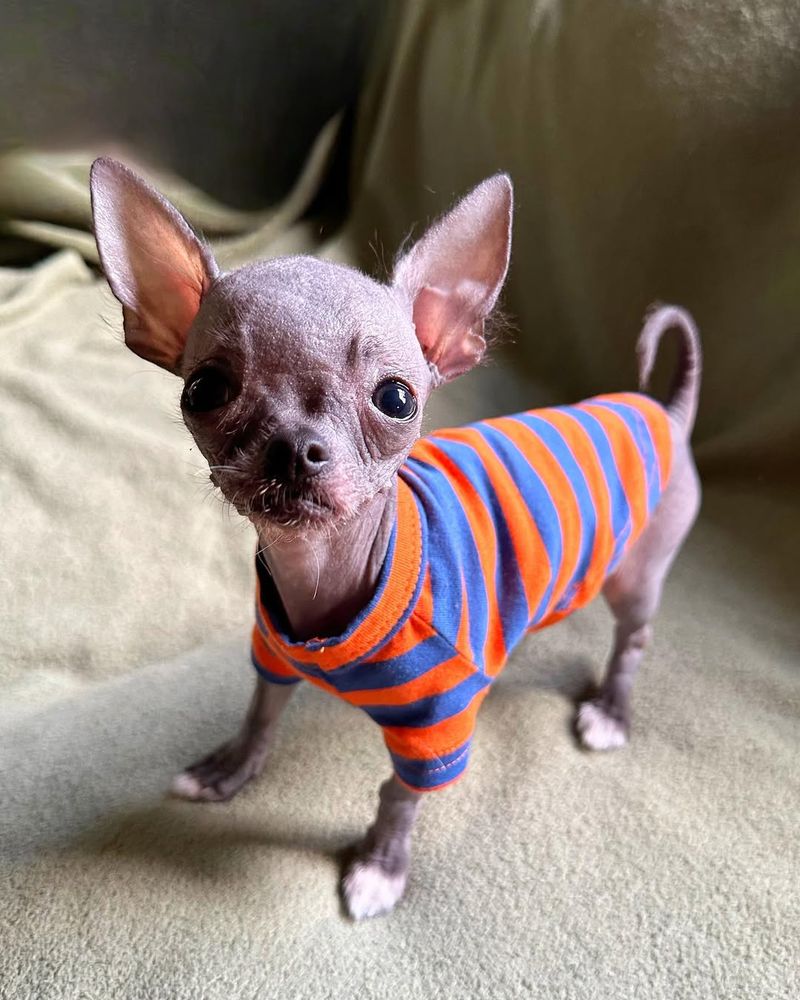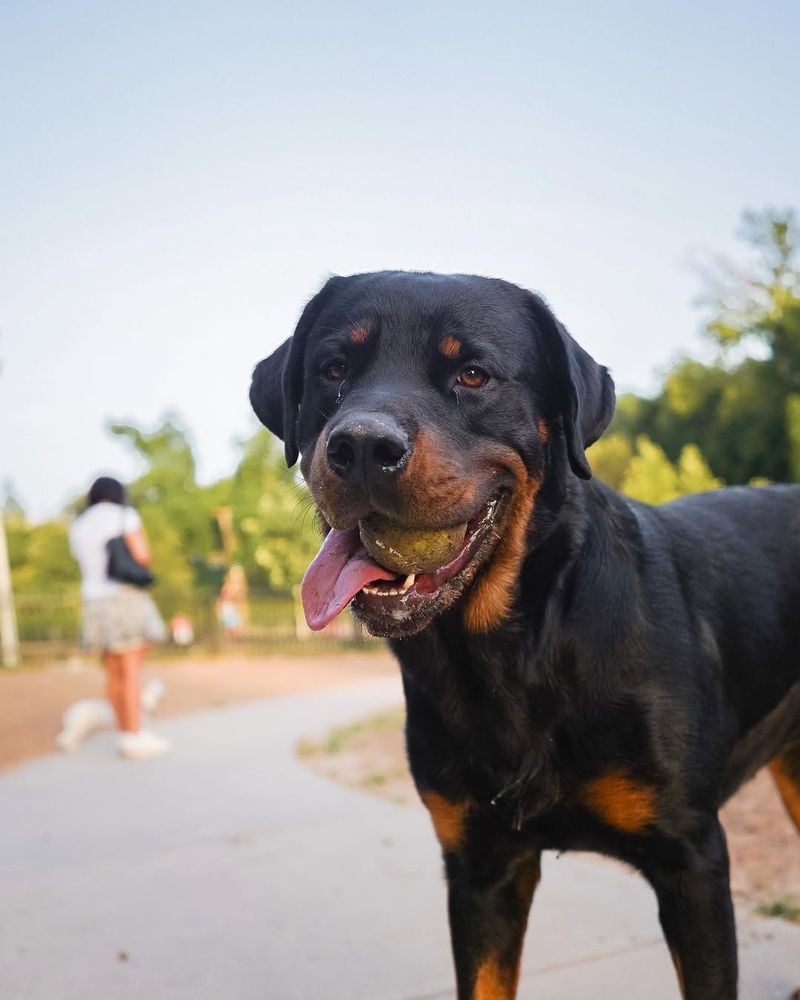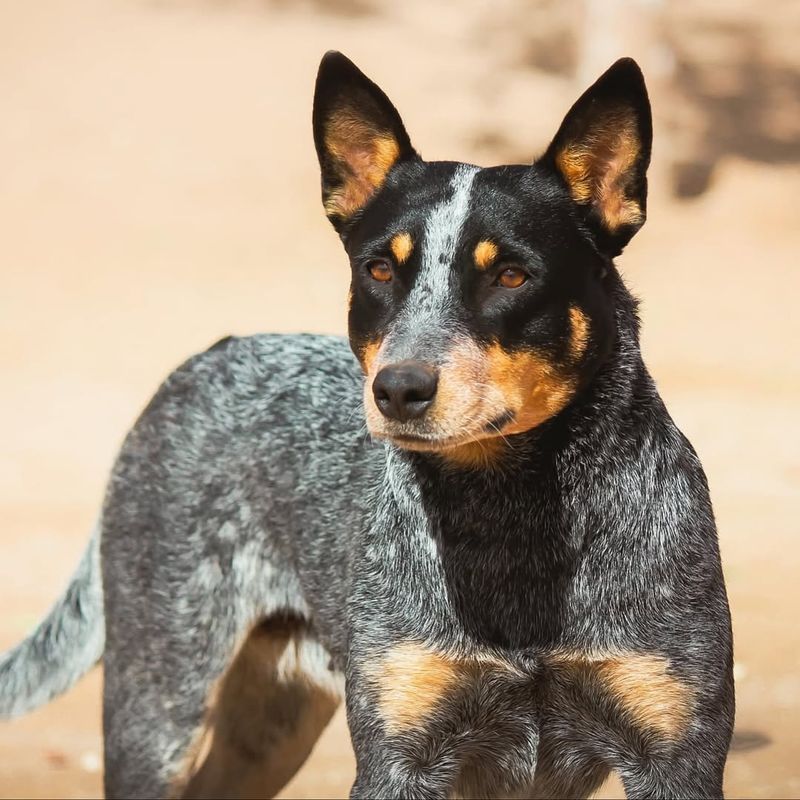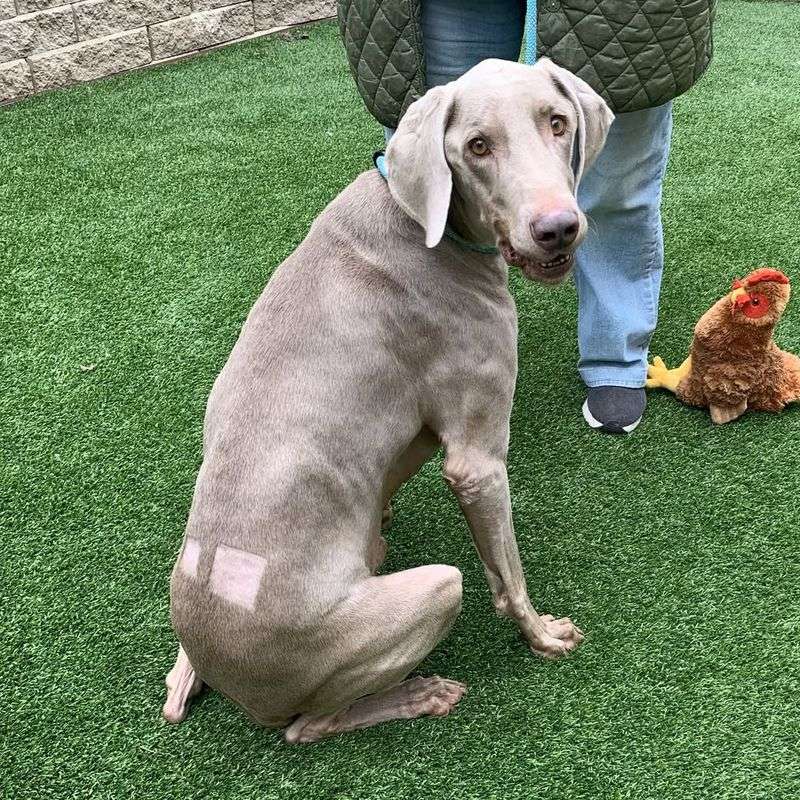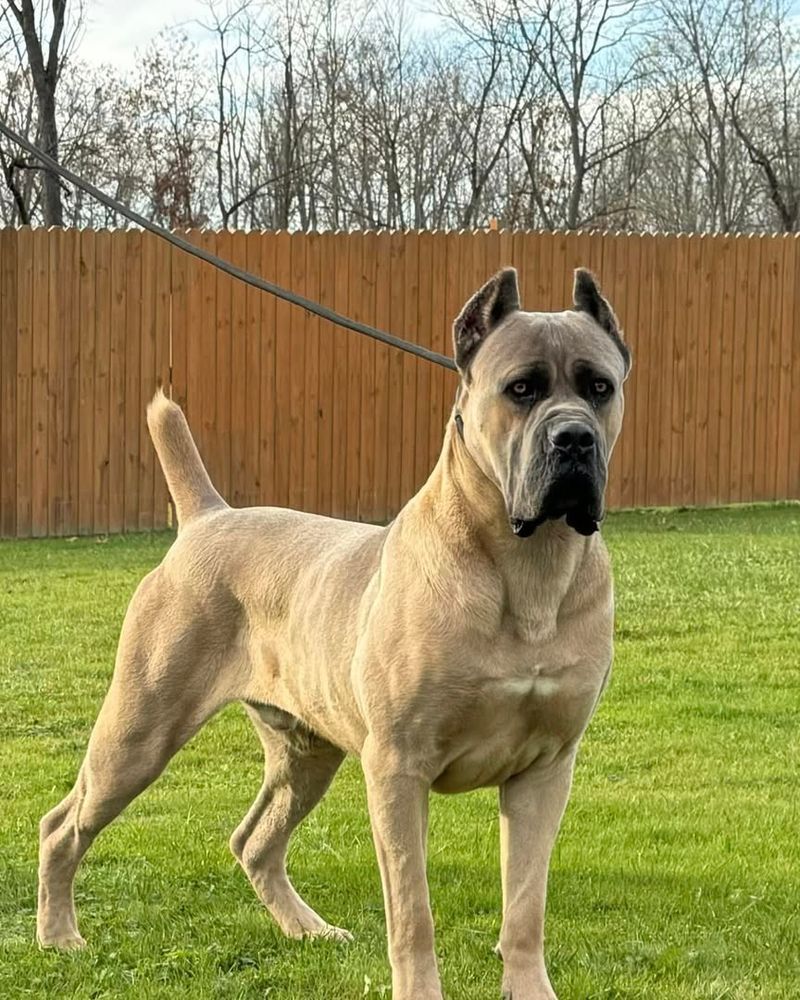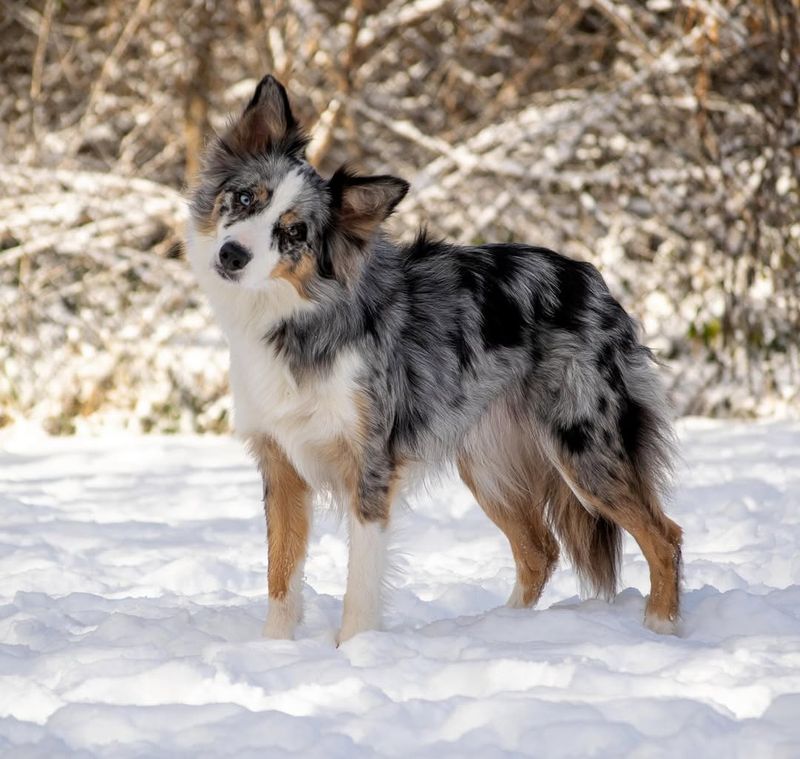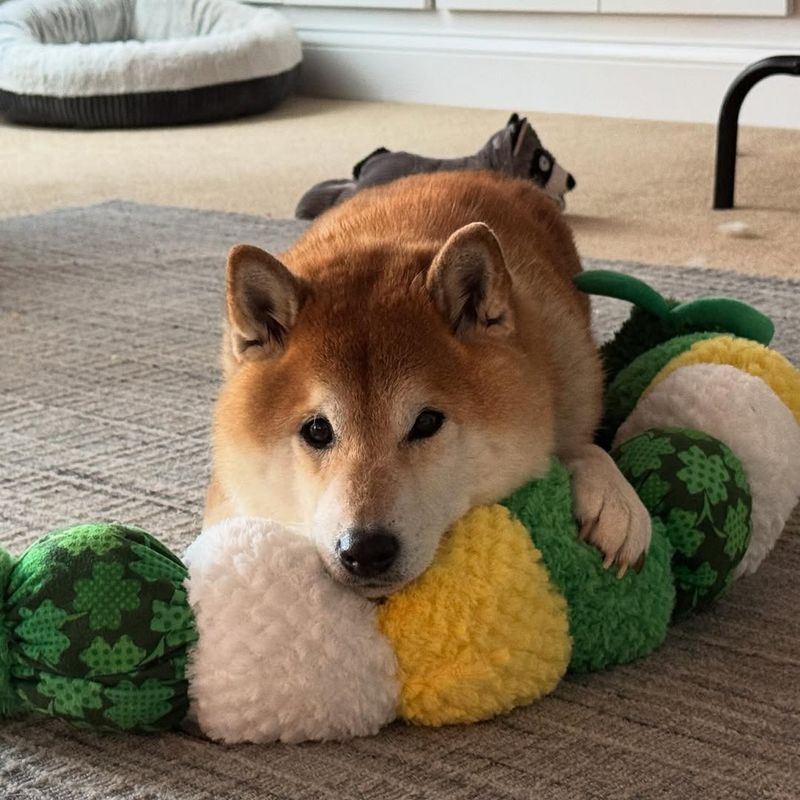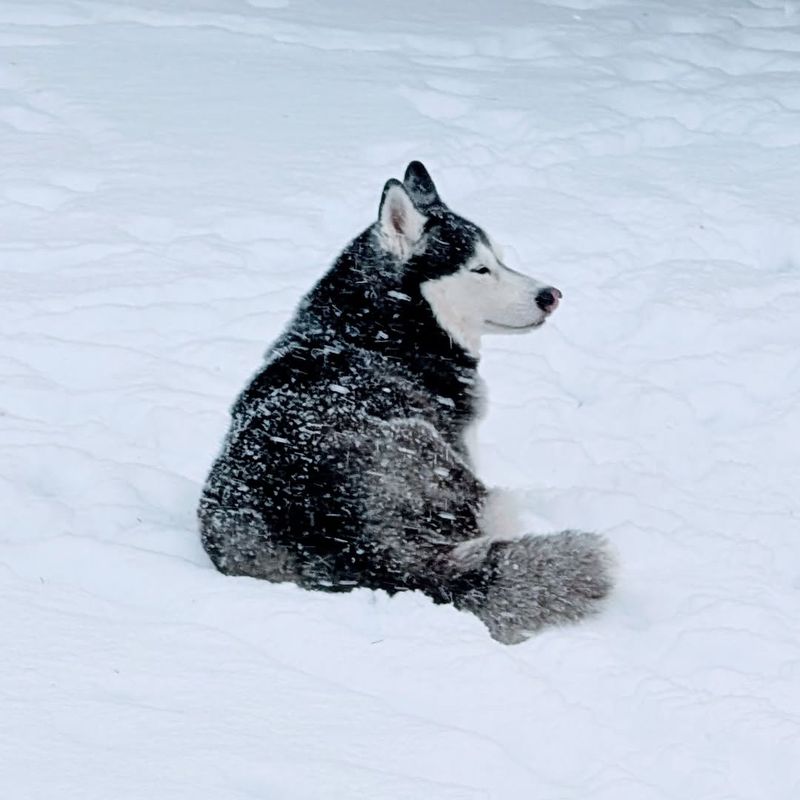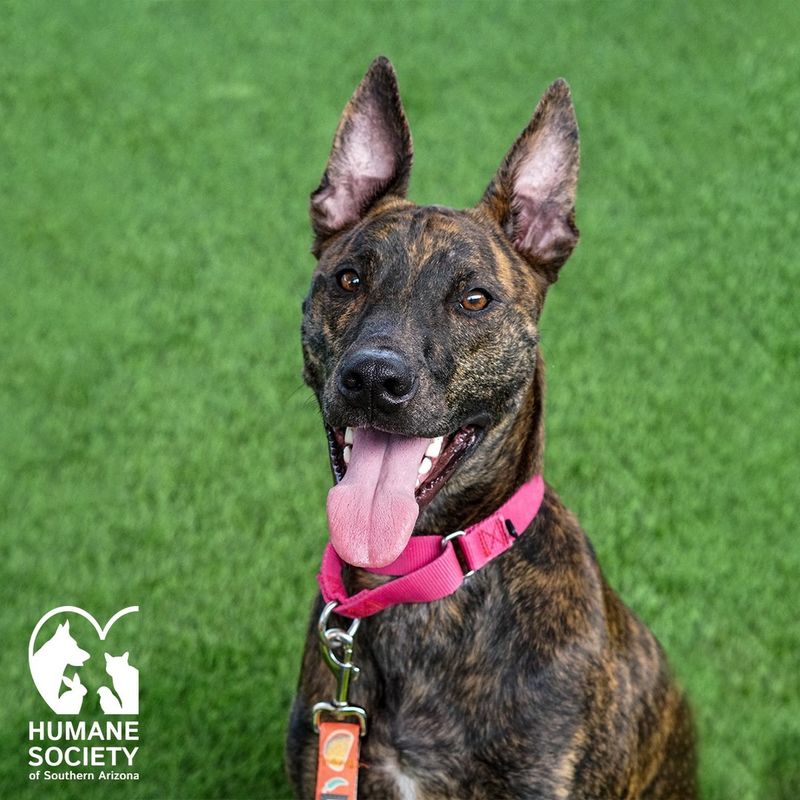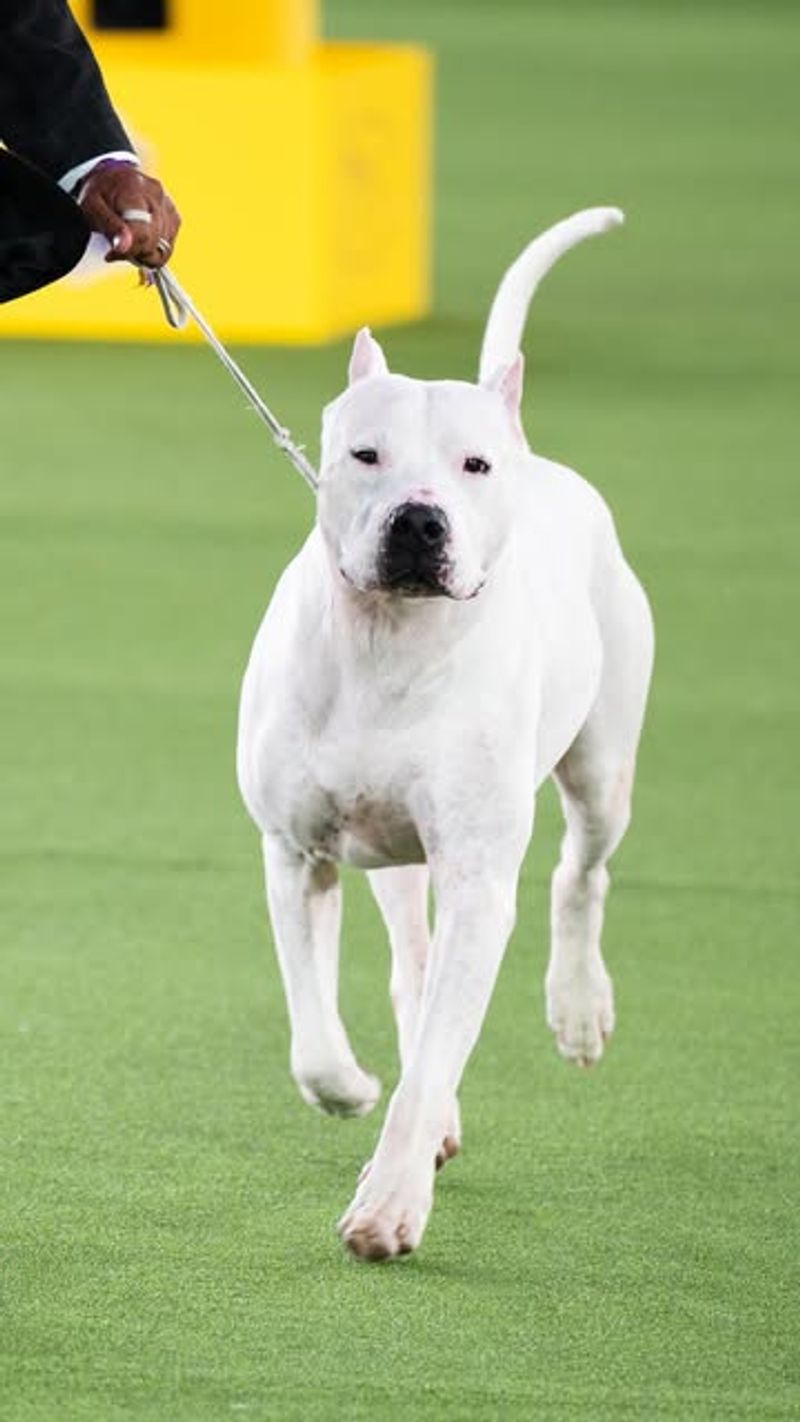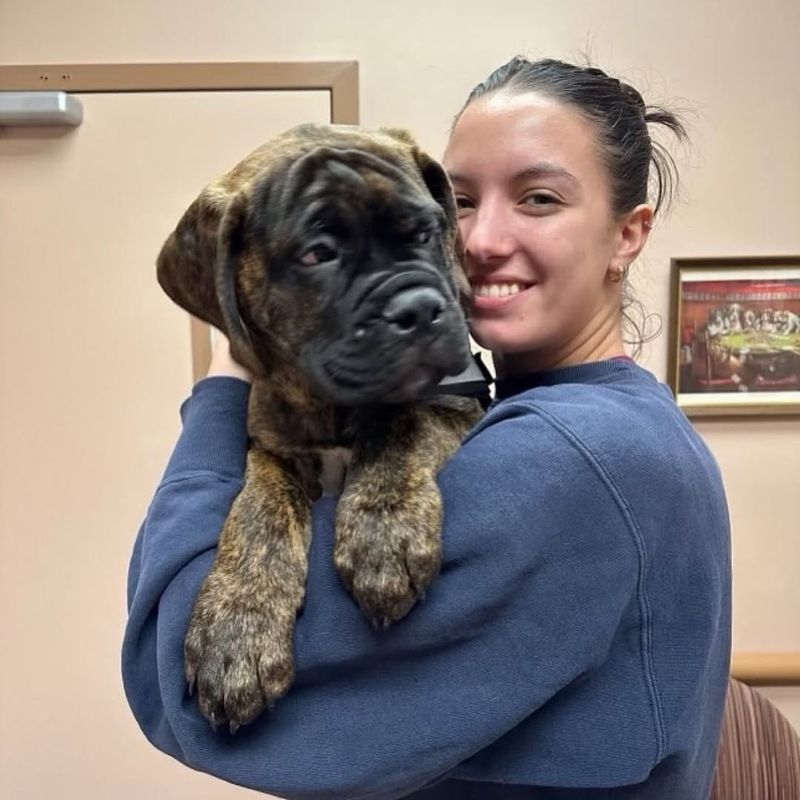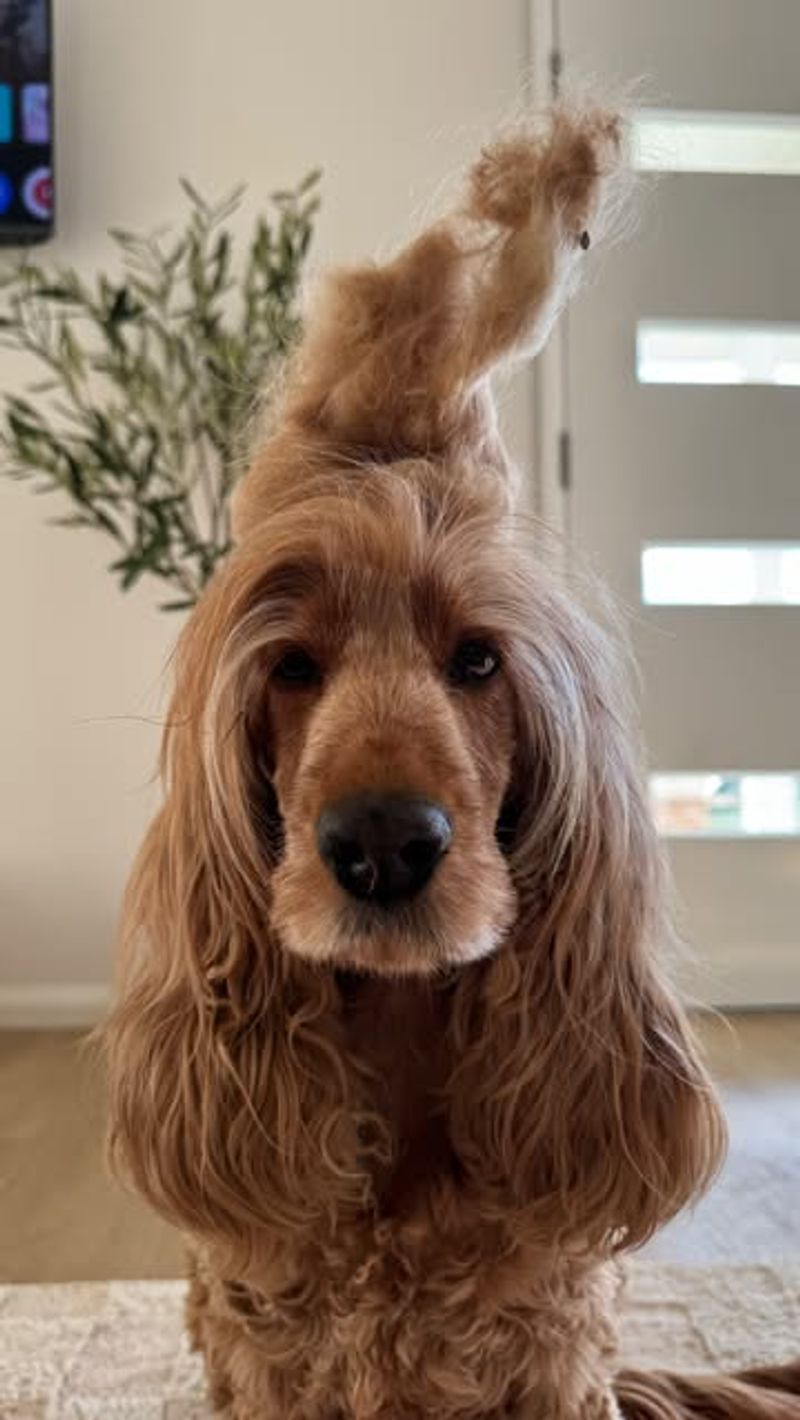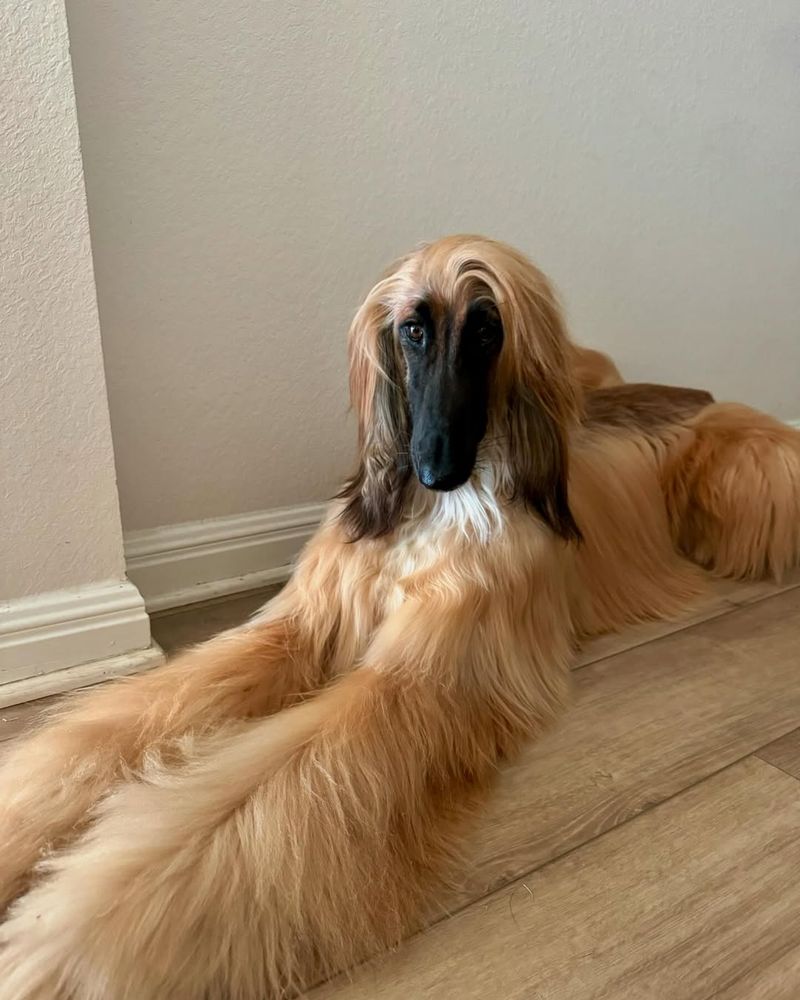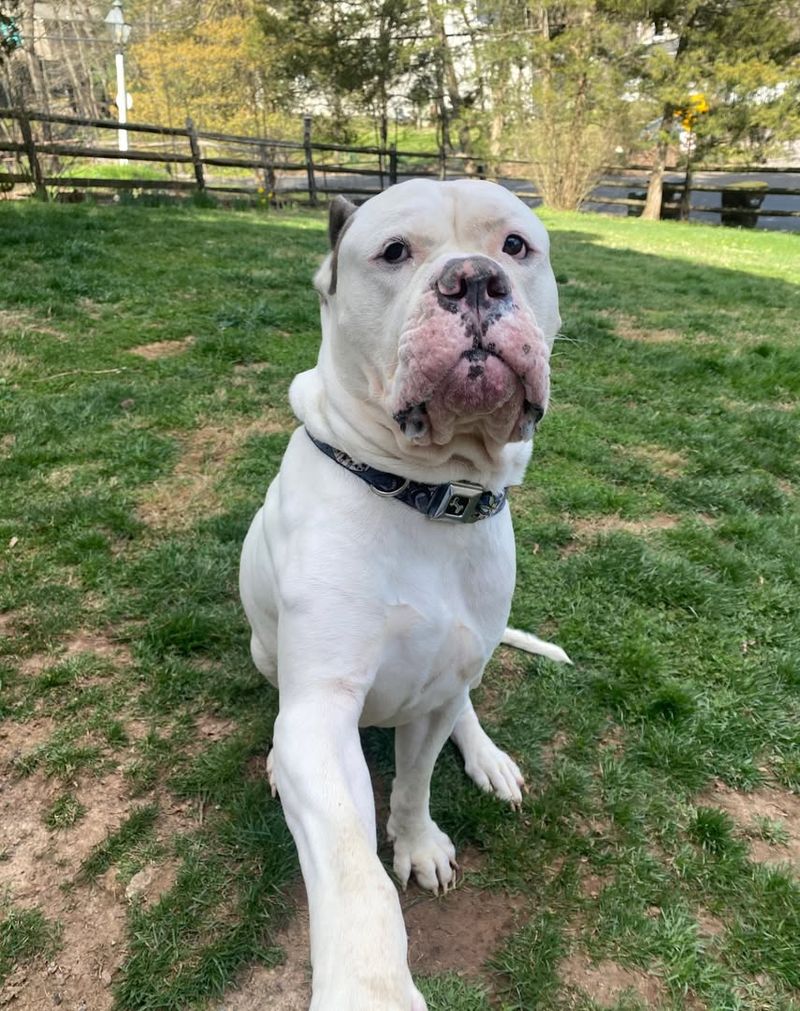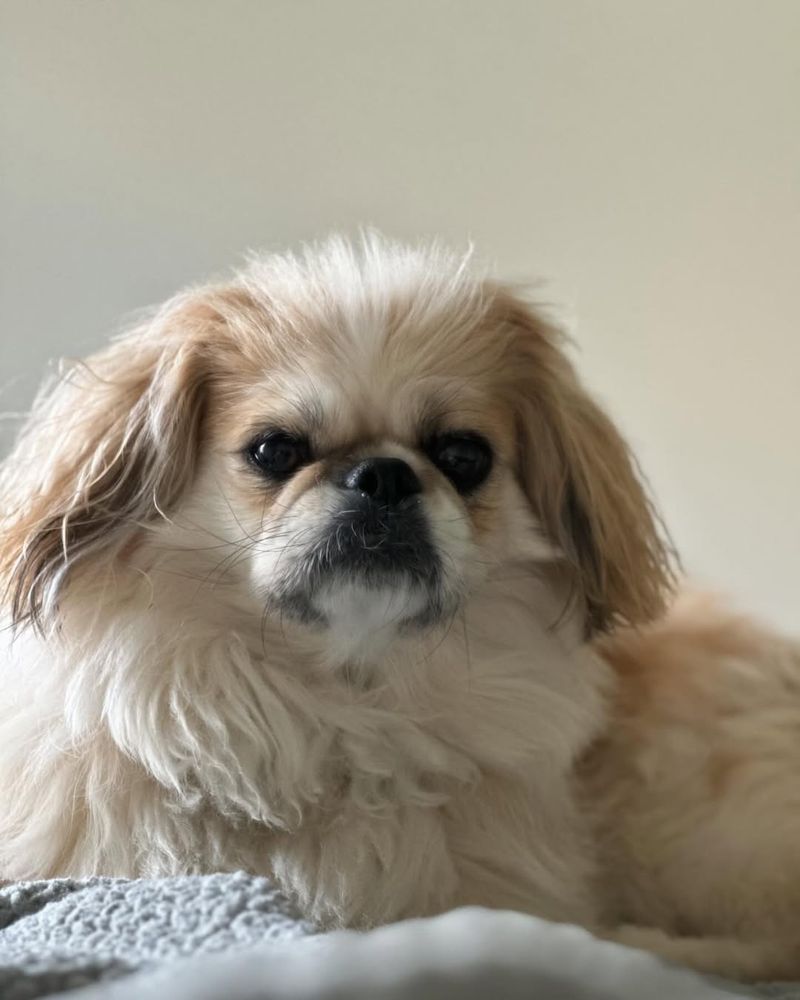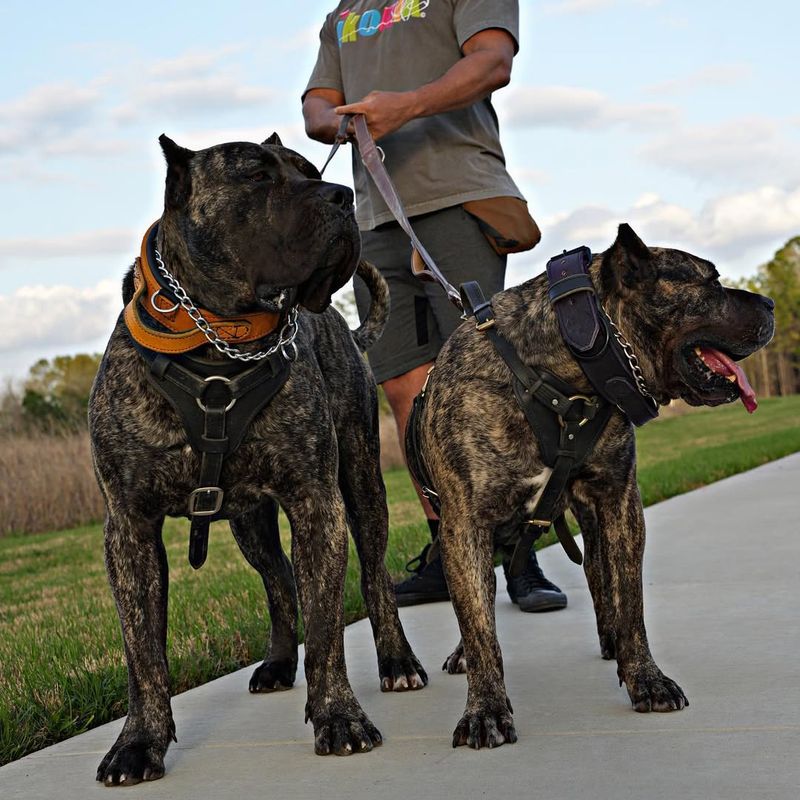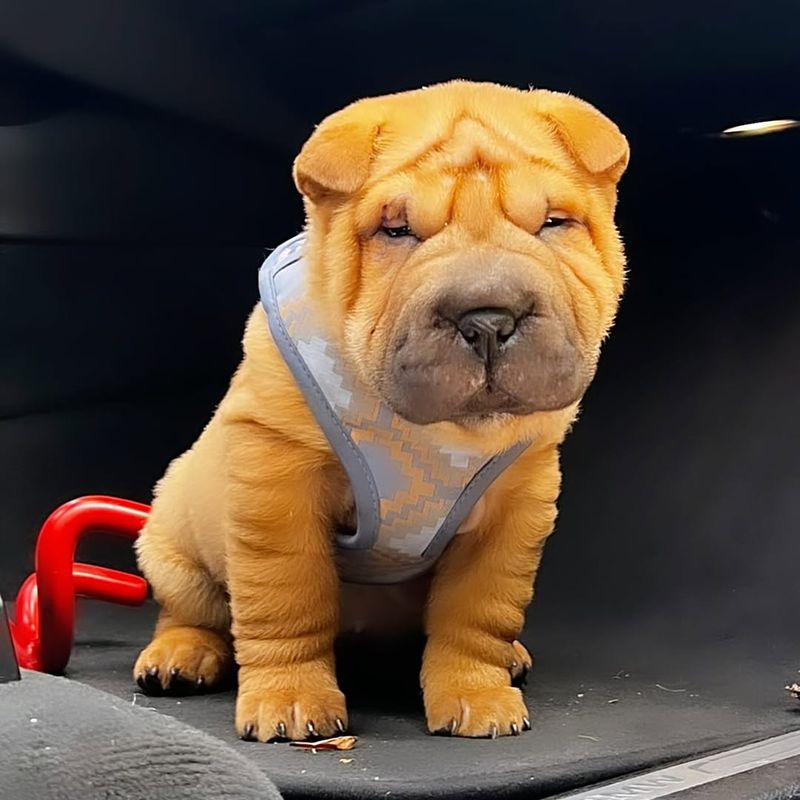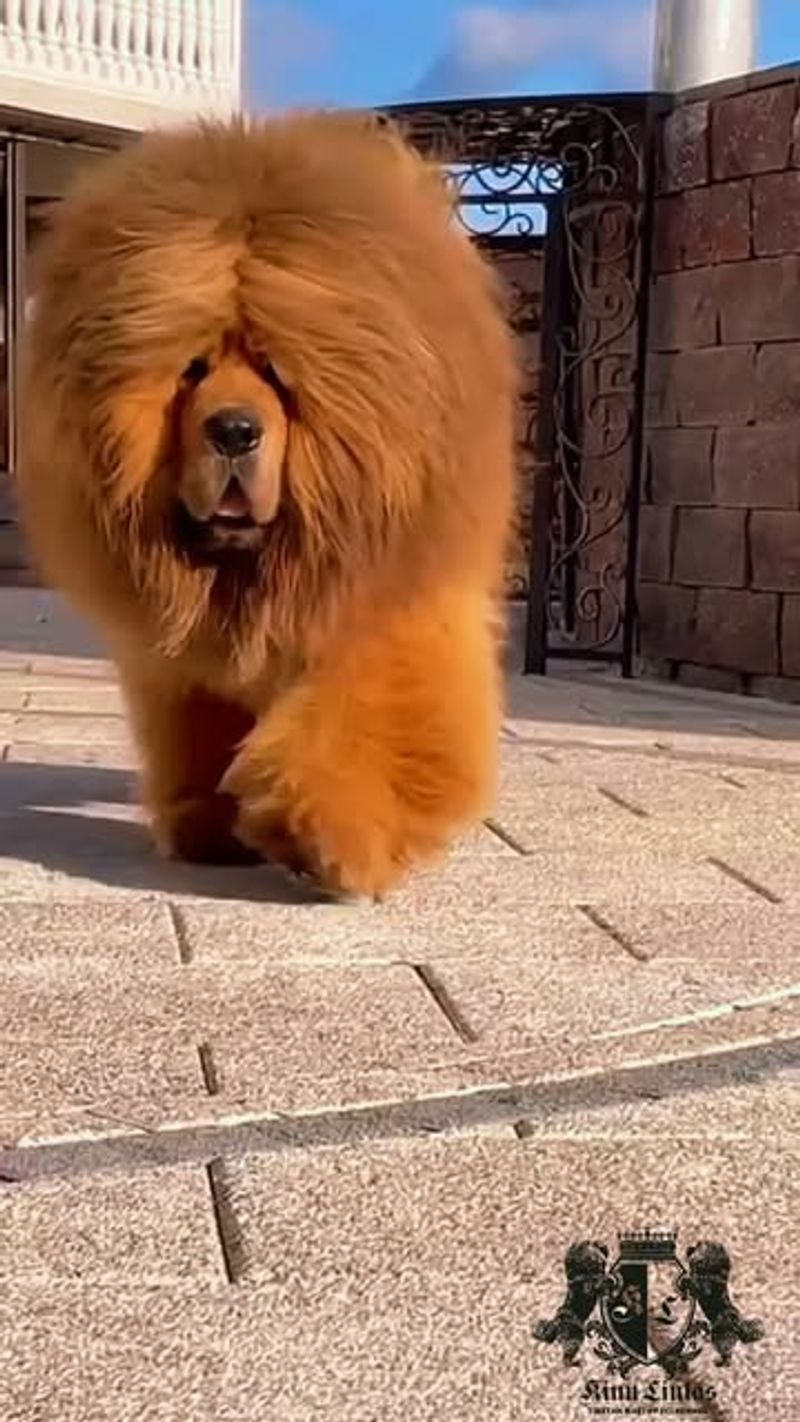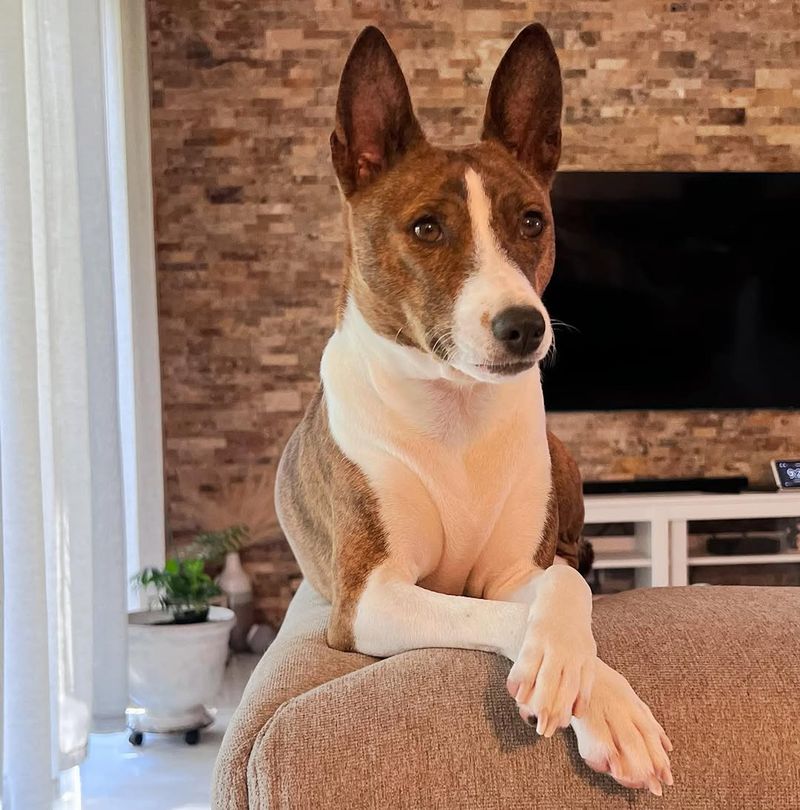Choosing the right dog breed for a family with children is crucial. While many breeds make excellent companions, some may present challenges that can be daunting for families. From high energy levels to specific care needs, understanding the characteristics of these breeds can help in making an informed decision. Here, we explore 25 dog breeds that may be too challenging for families with kids, highlighting their unique traits and potential difficulties.
Chow Chow
The Chow Chow is known for its lion-like mane and independent nature. This breed can be aloof and wary of strangers, making early socialization essential. Their strong-willed temperament might not be suitable for families with young children.
Chows require consistent training and firm leadership to thrive in a family environment. Their thick coat needs regular grooming, which can be time-consuming. Additionally, they are prone to certain health issues like hip dysplasia. While loyal to their owners, Chows may not always tolerate rough play from kids, necessitating supervision in interactions.
Dalmatian
Dalmatians are energetic and intelligent dogs, recognized by their distinctive spots. However, their high energy levels demand ample exercise, which can be challenging for busy families. Without proper outlets, they may become destructive.
Training a Dalmatian requires patience and consistency, as they can be stubborn. While they are generally friendly, their boisterous nature might overwhelm small children. With a tendency to shed heavily, regular grooming is needed to manage their coat. Families considering a Dalmatian must be prepared for their active lifestyle and unique needs.
Akita
The Akita is a strong, independent breed originating from Japan. Known for their loyalty, they can be protective, sometimes overly so, which may lead to challenges in a family setting. They require early socialization to ensure they are well-adjusted.
Akitas often display dominant behavior, demanding a firm hand in training. While they are affectionate with family members, they may not always tolerate strangers or other pets. Their thick coat needs regular grooming to prevent matting. Families considering an Akita must be ready to invest time in training and socialization.
Jack Russell Terrier
Jack Russell Terriers are small but have big personalities, characterized by their high energy and intelligence. They require a lot of mental and physical stimulation, which can be overwhelming for some families.
These terriers are natural hunters and may not get along with other small pets. Their spirited nature means they can be a handful, especially without proper training. Jack Russells love to dig and explore, requiring a secure yard. Although they are playful and loving, their demanding nature might be too much for families with young children.
Alaskan Malamute
Alaskan Malamutes are known for their strength and endurance, traits that make them excellent sled dogs. However, their high energy and need for exercise can be taxing for a family. Without sufficient activity, Malamutes may become bored and destructive.
They are pack animals and require firm leadership to ensure they understand their place in the family hierarchy. Malamutes have a thick double coat that sheds heavily, needing regular grooming. While they are affectionate, their independent nature and size might be too much for families with young children.
Doberman Pinscher
The Doberman Pinscher is a sleek and intelligent breed, known for its loyalty and protective nature. While they make excellent guard dogs, their protective instincts may pose challenges in a family setting.
Dobermans require early socialization and consistent training to ensure they are well-behaved. They are energetic and need regular exercise to keep boredom at bay. Although they can be loving with family members, their size and strength require supervision during interactions with small children. Proper training and socialization are key to having a balanced Doberman in a family.
Chihuahua
Chihuahuas are small dogs with big personalities, often exuding confidence despite their size. However, their fragile build makes them unsuitable for families with very young children who might handle them too roughly.
These dogs are prone to being yappy and can be wary of strangers, requiring socialization. While they form strong bonds with their owners, they can be possessive, leading to possible challenges in a family setting. Chihuahuas are low maintenance grooming-wise, but their temperament can be demanding. They thrive in calm households where they receive plenty of attention.
Rottweiler
Rottweilers are powerful and intelligent dogs known for their guarding abilities. They require an experienced owner who can provide firm and consistent training. Without proper guidance, their protective instincts can become a challenge.
This breed needs early socialization to ensure they are comfortable in various situations. Rottweilers are loyal and can be affectionate with family, but their size and strength make supervision necessary when around children. Regular exercise is essential to keep them happy and healthy. Families considering a Rottweiler must be ready to invest time in training and socialization.
Australian Cattle Dog
Australian Cattle Dogs, also known as Blue Heelers, are intelligent and energetic, bred for herding livestock. Their high energy levels and need for mental stimulation can be overwhelming for families.
These dogs excel with a job to do and may exhibit herding behavior, such as nipping. They require consistent training and socialization from an early age. While they are loyal and protective of their family, their intense nature may be too much for young children. Regular exercise and mental challenges are essential to prevent boredom and destructive behavior.
Weimaraner
The Weimaraner is a sleek and athletic breed, known for its boundless energy and intelligence. They require a lot of exercise, making them a challenge for families with a less active lifestyle.
Weimaraners thrive on companionship and can develop separation anxiety when left alone for extended periods. Their intelligence demands mental stimulation to prevent boredom and destructive behaviors. While they are affectionate and loyal, their energetic nature might overwhelm young children. Prospective owners should be prepared for a commitment to exercise and engagement to keep a Weimaraner happy.
Cane Corso
Cane Corsos are strong and protective dogs, known for their guarding abilities. They require an experienced owner who can provide firm leadership and consistent training.
Their protective nature means they are wary of strangers, necessitating early socialization to ensure they are comfortable in various environments. While they are loyal and affectionate with family, their size and strength require careful supervision during interactions with children. Cane Corsos need regular exercise to stay healthy and well-behaved. Families considering this breed must be prepared to invest time in training and socialization.
Border Collie
Border Collies are renowned for their intelligence and work ethic, qualities that make them exceptional herding dogs. However, their high energy levels require ample exercise and mental stimulation, which can be demanding for some families.
Without a job to do, Border Collies can become bored and engage in destructive behaviors. They thrive with active families who can provide the necessary outlets for their energy. While they are affectionate and loyal, their intense nature might be overwhelming for young children. Prospective owners must be prepared for a commitment to engage this intelligent breed.
Shiba Inu
Shiba Inus are compact and fox-like, known for their spirited and independent nature. While they are charming, their aloofness can make training challenging for families.
Shibas require early socialization to ensure they are comfortable around people and other pets. Their independent streak means they can be less eager to please compared to other breeds. Shibas are clean dogs, with minimal grooming needs, but their stubbornness requires patience in training. While they form strong bonds with their owners, their reserved nature may not be ideal for families with young children.
Siberian Husky
Siberian Huskies are known for their endurance and striking appearance, often used as sled dogs. Their high energy levels and need for exercise make them a demanding breed for families.
Huskies have a strong prey drive and may not get along with small pets. They are known escape artists, requiring a secure yard to prevent wandering. While they are friendly and good-natured, their independence can be a challenge in training. Huskies need regular grooming due to their thick coat. Families must be ready for the commitment of exercise and engagement to keep a Husky happy.
Belgian Malinois
Belgian Malinois are highly intelligent and energetic, often used in police and military work. Their need for mental and physical stimulation can be overwhelming for families without an active lifestyle.
This breed requires consistent training and socialization from a young age to ensure they are well-adjusted. They are protective and loyal, but their intense nature may not suit families with young children. Regular exercise and engagement are necessary to prevent boredom and destructive behaviors. Families considering a Belgian Malinois must be prepared for a commitment to meet their high energy needs.
Dogo Argentino
Dogo Argentinos are powerful and protective, bred for hunting big game. They require an experienced owner who can provide strong leadership and consistent training.
Their protective nature means they can be wary of strangers, necessitating early socialization. While they are loyal and affectionate with family, their size and strength demand careful supervision around children. Dogo Argentinos need regular exercise to stay healthy and well-behaved. Families considering this breed must be ready for the commitment to training and socialization to ensure a balanced Dogo in the home.
Bullmastiff
Bullmastiffs are known for their strength and gentle nature, making them excellent guardians. However, their size and strength require an experienced owner who can provide firm training.
They are protective and loyal, but their large build means supervision is necessary when interacting with children. Bullmastiffs have moderate exercise needs and tend to be calm, but regular activity is important to keep them healthy. While they are affectionate with family, their guarding instincts require early socialization. Prospective owners must be prepared for the responsibility of managing a large and powerful breed.
Cocker Spaniel
Cocker Spaniels are known for their beautiful coats and gentle nature. However, their high grooming needs and potential for separation anxiety can be challenging for some families.
They are affectionate and eager to please, making them generally good with children. However, their sensitive nature means they can become anxious without proper attention and companionship. Regular grooming is essential to keep their coat healthy and free of mats. Families must be prepared for the commitment of grooming and providing ample companionship to ensure a happy Cocker Spaniel.
Afghan Hound
Afghan Hounds are elegant and independent, known for their distinctive appearance and flowing coat. Their aloof nature can make training challenging for some families.
This breed requires regular grooming to maintain their coat, which can be time-consuming. Afghan Hounds are independent thinkers and may not be eager to please, making consistent training important. While they are generally good-natured, their reserved nature may not suit families with young children. Prospective owners should be prepared for the grooming demands and the patience required to train an Afghan Hound.
American Bulldog
American Bulldogs are strong and confident, known for their loyalty and protective nature. They require an experienced owner who can provide firm leadership and training.
This breed needs early socialization to ensure they are comfortable in various environments. American Bulldogs are energetic and require regular exercise to prevent boredom and destructive behaviors. While they can be affectionate with family, their size and strength require supervision during interactions with children. Families considering an American Bulldog must be ready to invest time in training and providing the necessary outlets for their energy.
Pekingese
Pekingese are small and regal, known for their distinctive appearances and independent nature. Their delicate build makes them unsuitable for families with very young children.
Pekingese require regular grooming to maintain their long coat, which can be time-consuming. While they are affectionate with their owners, they can be aloof with strangers and require early socialization. Their independent streak can make training a challenge, necessitating patience and consistency. Families considering a Pekingese must be prepared for the grooming demands and the careful handling required for this breed.
Presa Canario
Presa Canarios are strong and protective, known for their guarding abilities. They require an experienced owner who can provide firm leadership and consistent training.
Their protective nature means they can be wary of strangers, necessitating early socialization to ensure they are comfortable in various environments. While they are loyal and affectionate with family, their size and strength demand careful supervision around children. Presa Canarios need regular exercise to stay healthy and well-behaved. Families considering this breed must be ready for the commitment to training and socialization.
Chinese Shar-Pei
Chinese Shar-Peis are known for their wrinkled skin and calm demeanor. However, their independent nature can pose challenges in training for families.
This breed requires early socialization to ensure they are comfortable around people and other pets. Shar-Peis are prone to certain skin issues, requiring regular care and attention. While they are generally calm and reserved, their stubbornness requires patience and consistent training. Families considering a Shar-Pei must be prepared for the grooming demands and the patience needed to manage their unique temperament.
Tibetan Mastiff
Tibetan Mastiffs are strong and independent, known for their protective nature. They require an experienced owner who can provide firm leadership and consistent training.
Their thick coat requires regular grooming to prevent matting. Tibetan Mastiffs are territorial and may be wary of strangers, necessitating early socialization. While they are loyal and devoted to their family, their size and strength demand supervision during interactions with children. Families considering a Tibetan Mastiff must be prepared for the commitment to grooming and training to ensure a balanced companion.
Basenji
Basenjis are unique and independent, known for their lack of barking and spirited nature. However, their strong-willed personality can be challenging for families.
This breed requires early socialization to ensure they are comfortable around people and other pets. Basenjis are known escape artists, needing a secure yard to prevent wandering. They have minimal grooming needs, but their independent nature requires patience in training. While they are affectionate with their family, their spirited nature may not suit families with young children. Prospective owners should be prepared for the challenges of training a Basenji.
